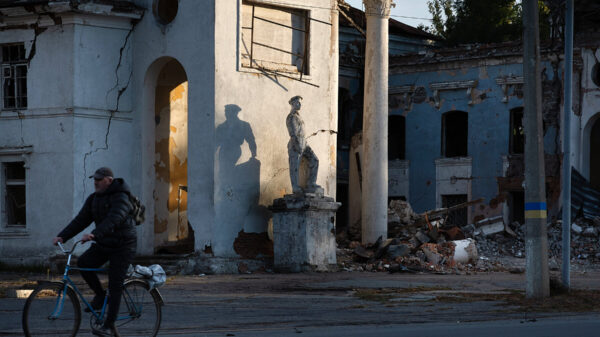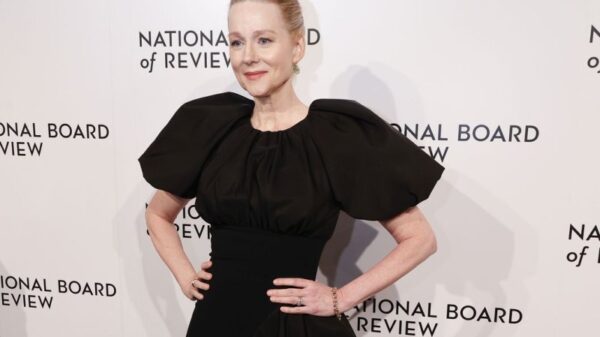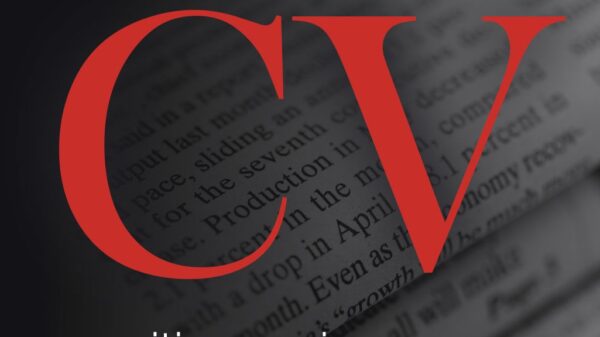Jodie Foster is breaking new ground in her latest film, A Private Life, directed by Rebecca Zlotowski. In this project, Foster speaks French for the first time in a leading role, showcasing a different aspect of her talent. The film premiered at the Cannes Film Festival and will be featured at the Toronto International Film Festival. It tells the story of Dr. Lilian Steiner, an American psychoanalyst in Paris, who grapples with the mysterious death of a patient, prompting her to confront her troubled family ties and her relationship with her ex-husband.
Foster has long been recognized for her portrayals of strong, intelligent women, from the rape survivor in The Accused to the FBI trainee in The Silence of the Lambs. In contrast, A Private Life offers a more fragile and vulnerable character. “It took me a long time to find the right project,” Foster explains. “I really wanted to make a French movie. This script honors the French tradition where the goals are internal and kind of small, yet there’s so much cinema in it.”
Under Zlotowski’s direction, the film transitions from a romantic comedy to a Hitchcockian mystery, with elements of amateur sleuthing woven throughout. Foster notes that in the United States, films often fit neatly into specific genres, while in France, directors are granted more creative freedom. “It’s something we don’t allow ourselves to do in the United States,” she states.
The language barrier introduces a new dynamic to Foster’s performance. “I have a different personality because I’m not as confident,” she reveals. “My voice in French is much higher than it is in English.” This shift in style reflects the character’s anxiety and sense of being unheard. In a pivotal moment, her on-screen son refuses to speak English with her, using language as a means of control.
Foster’s scenes with French actor Daniel Auteuil, who plays her ex-husband, are particularly significant. “He’s the perfect foil for Lilian Steiner,” she says, highlighting how Auteuil’s soft humor complements her character’s complexity. Their chemistry culminates in an emotionally charged car ride where Lilian confronts her past, asking, “So why’d you leave me? The truth this time.” This moment encapsulates the film’s exploration of personal struggles and unresolved issues.
Reflecting on her career, Foster acknowledges recurring themes of women under pressure. “I think my whole life I’ve compartmentalized,” she explains. “I had to juggle, to be in the moment and outside the moment at the same time.” This ability to compartmentalize has been both a survival mechanism and a catalyst for her performances.
Foster’s journey to Cannes in 1976 with Taxi Driver was marked by personal loss, as she experienced heartbreak just before the festival. “I made up this thing in my mind that I had to lose the thing that I loved the most in order to do some Mephistopheles deal with the devil in order to have the career I wanted,” she recalls.
Her rise to fame took on a darker tone in 1981 when a near-assassination attempt on President Ronald Reagan linked to her led to a frenzied media spotlight. “For me, it’s life-or-death,” she says regarding the pressure of public attention. “I have to compartmentalize in order to survive.”
At 61, Foster finds herself in a renaissance of sorts, having recently received her first Oscar nomination in nearly three decades for her role in Nyad, where she portrayed Bonnie Stoll, the coach of swimmer Diana Nyad. She also starred in the successful HBO series True Detective: Night Country, winning her first Emmy. “I feel freer now,” she admits. “The last few things I’ve done have had so much more humor. I don’t know what I was protecting before.”
In A Private Life, Foster delivers a performance that stands in stark contrast to her past roles. The film represents a journey into her vulnerability, a theme she continues to explore in her career. “I just keep discovering,” she concludes. “I definitely want to work in France again. It feels like such an escape from myself.”






































































